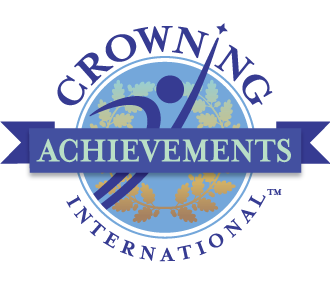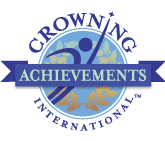
A New Kind of Team
A new kind of team is starting to take shape. As we work with five generations together, we must focus on what we have in common, discover and embrace our differences of perspectives, and maximize our talents. We need a new kind of team, one where we take advantage precisely of the various generations and leverage each other.
Most organizations strive to have effective and successful teams. They invest substantial resources in hiring outside coaches, providing experiential activities away from the office, and taking time off to “refresh together.” That is all good. But I want to challenge you to back up and start at the top asking yourself these questions:
- Do we have the right team to begin with?
- Do we have the right people in leadership?
Here are several ideas to implement in your organization that may bring efficiencies, leverage the knowledge and talent your organization already has, and build a new kind of team!
- Implement Reverse Mentoring: As you may guess, technology is one of the key talents that the younger generation possess that may be missing in the older generations. Take advantage of this situation and pair a younger team member with an older person with a specific purpose to teach them a technology you use in your business. It could be as simple as teaching the older person how to properly use Outlook or the phone system in the conference room.
- Pass on the trade knowledge from the older generation to the younger members: There is nothing like having real life work experience and that only comes with time in the workplace. However, you could accelerate that journey for certain emerging leaders where you pair an experienced business person with a younger employee with the specific purpose to drive change. The older employee teaches “the trade” to the younger employee and, the younger person brings the “technology savvy” to the relationship. The result could be new and innovative ways of doing your business while maximizing technology that is already available in your organization.
- Discover and Maximize your talents and the talents of those you lead: As I share in Bring YOUR Shoes, once you conduct a talent assessment of your entire team, you can then lead by maximizing everyone’s talents. As a leader, you have the incredible opportunity to assemble teams with complementary talents regardless of which generation they belong to. When you create teams from the talent perspective, age does not matter, and you build the team naturally.
- Create leadership partnerships between a “sage leader,” an experienced team member in your trade who is retired or will retire soon, and an up and coming leader: Partner the “legacy leaders” who know your company and have grown with it for many years, with the emerging leaders. As Russ Crosson shares in his book What Makes a Leader Great, “Sages are wise people with sound judgment and prudence usually gained from years of experience. They’ve applied their knowledge in practical and successful ways, usually because they’ve learned from their good and bad decisions made in the past.” Dictionary.com defines “sage” as “someone venerated for the possession of wisdom, judgment, and experience.”
Below are some questions to identify the “sages” in your organization (from the book What Makes a Leader Great):
- Who knows your clients the best?
- Who has the most business development experience?
- Who has seen just about everything in your industry?
- Who knows best how to deal with difficult employee situations?
- What if these folks moved out of their corner offices and down the hall to places near the next-generation leaders?
In order for these types of relationships to work, leaders who are transitioning to the “sage” roles must be willing and able to serve in this capacity. It needs to be a win-win for both the organization and the sage. This type of setup is a way in which the sage team members leave a legacy in the organization.
I will leave you with these questions:
- If you are in that stage in life where you are considering retiring, are you willing to consider becoming a sage when that time comes? Are you able to release the authority and power that you’ve had in the past as a leader of the organization or a specific area of the company?
- If you are the emerging leader, are you willing to allow a sage to pass on their wisdom to you and be humble as you learn?

